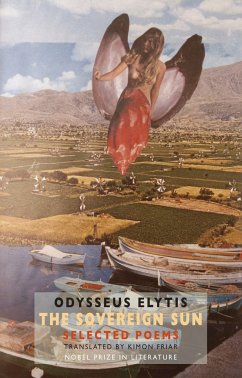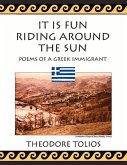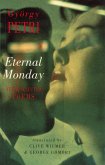Odysseus Elytis (1911-96) won the Nobel Prize in Literature in 1979. With Seferis and the 'Generation of the Thirties', he introduced French Surrealism into Greek poetry. Kimon Friar's classic translation The Sovereign Sun begins with his brilliantly sensuous early poems. It has large selections from his master work, Axion Esti (1959), and includes the whole of his Heroic and Elegiac Song for the Lost Second Lieutenant of the Albanian Campaign (1945). His Nobel Prize citation stated: 'Against the background of Greek tradition, his poetry depicts with sensuous strength and clearsightedness modern man's struggle for freedom and creativeness.'
Hinweis: Dieser Artikel kann nur an eine deutsche Lieferadresse ausgeliefert werden.
Hinweis: Dieser Artikel kann nur an eine deutsche Lieferadresse ausgeliefert werden.








